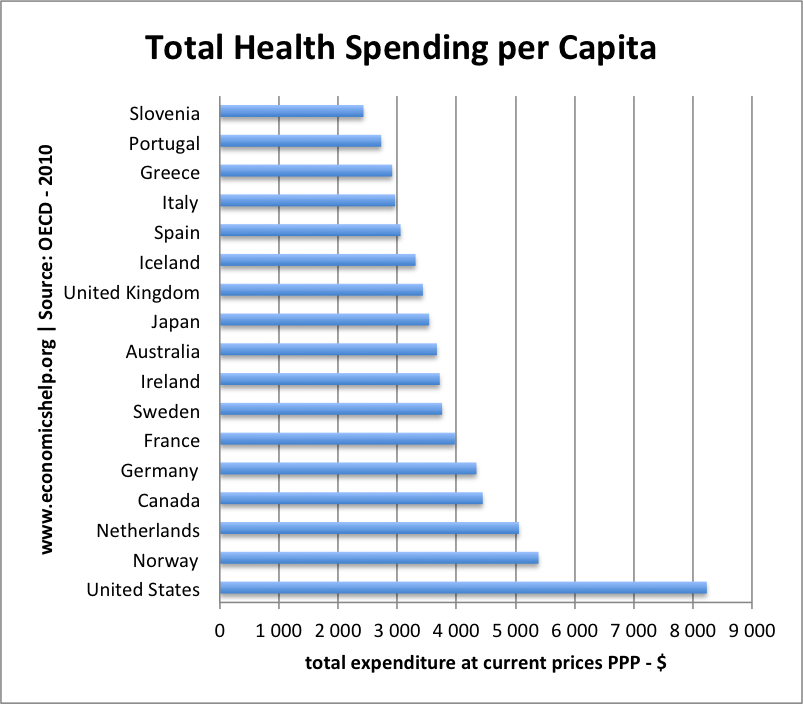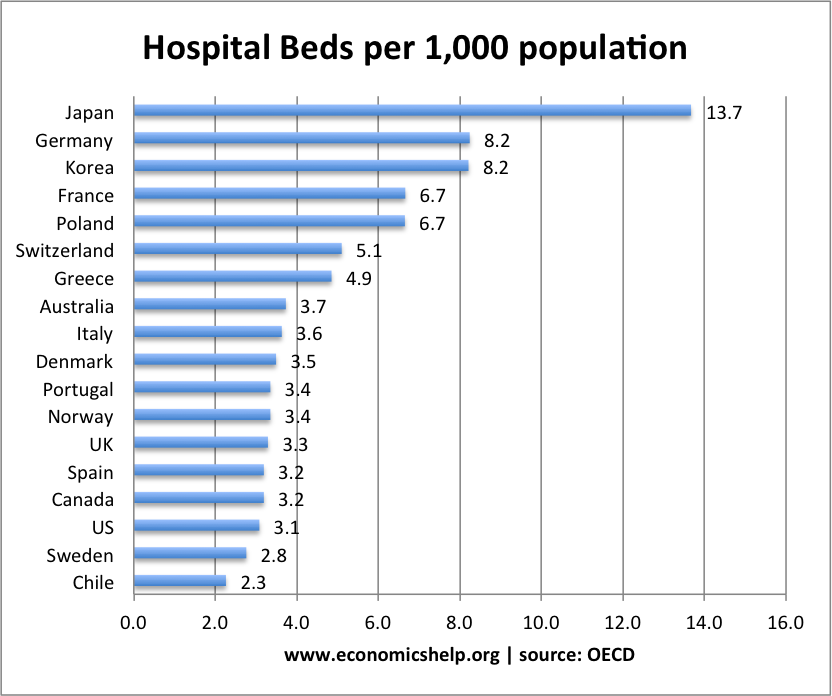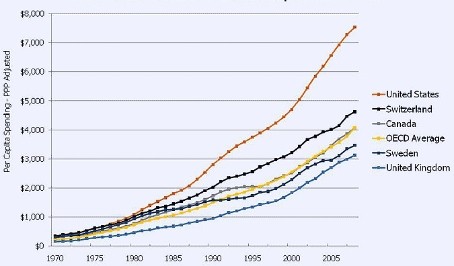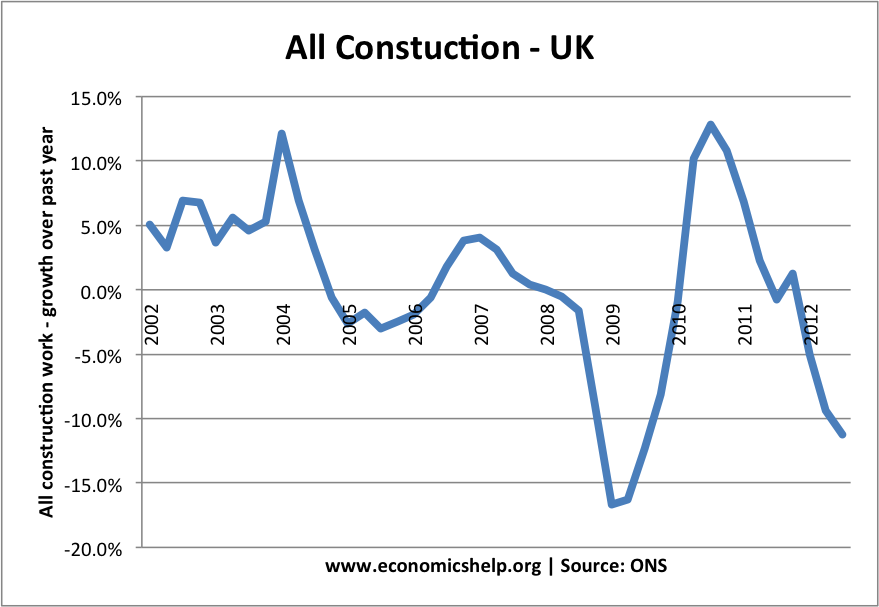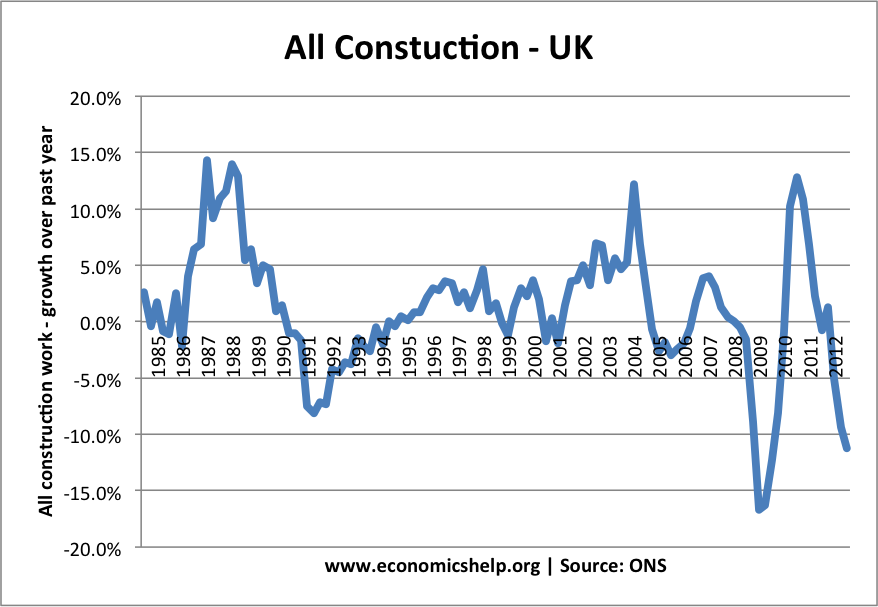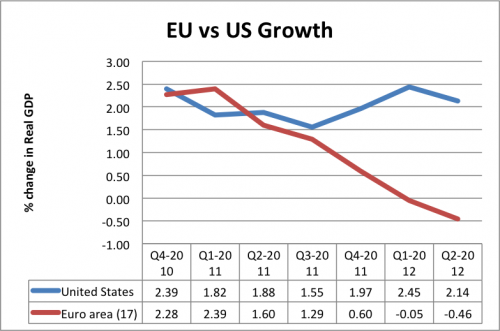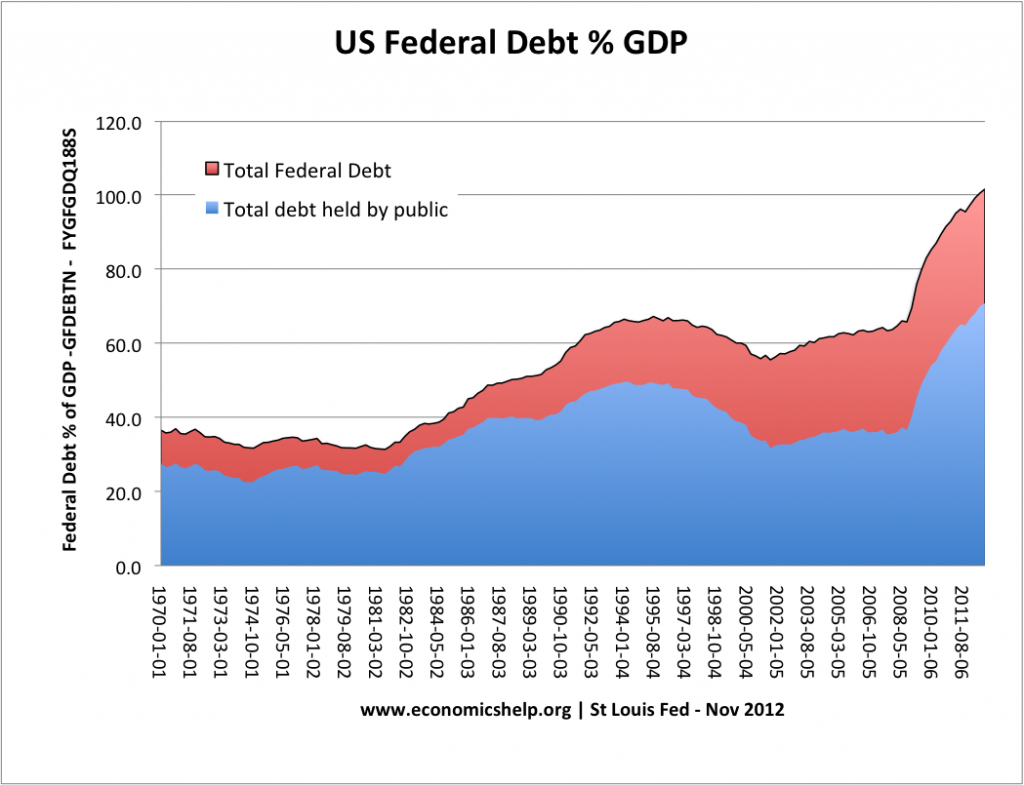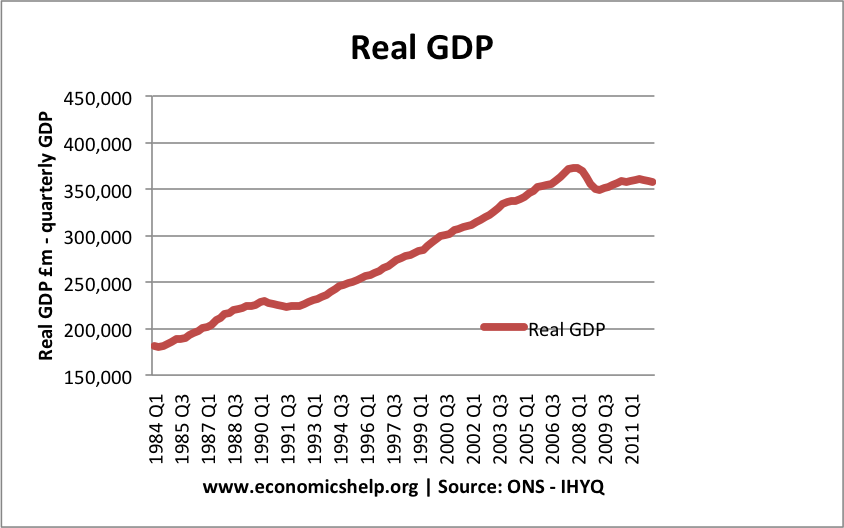Readers Question: The government keeps claiming that their harsh (but very necessary) austerity policies are working and that they have reduced the national debt by 24%, yet your graphs seem to totally disprove this claim. If anything, your graphs seem to show that the national debt is continuing to rise quite steeply, despite the government’s austerity policies, primarily because tax revenues are down and welfare payments are up because of the rising unemployment across the country (caused as far as I can see by the government’s austerity policies). Is the government painting a misleadingly and unfounded rosy picture to prove their policies are working, or am I failing to read your graphs correctly?
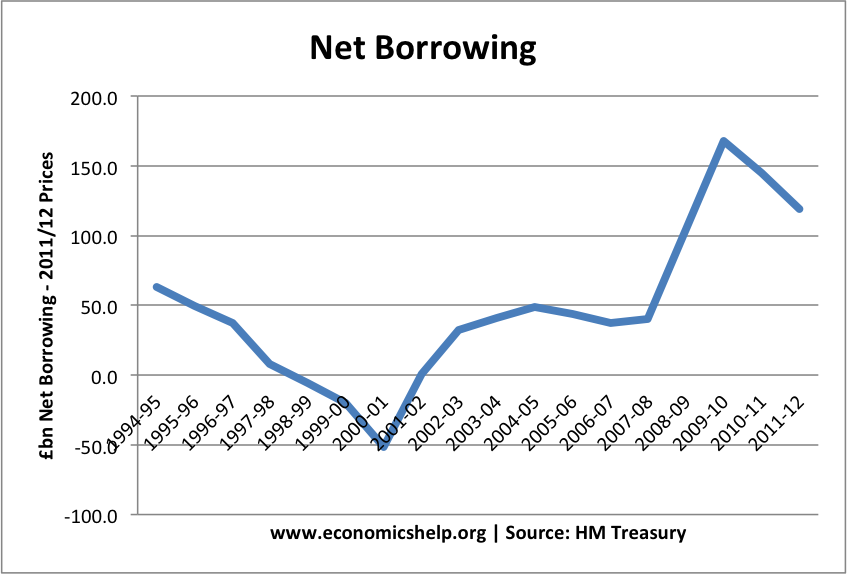
The government is correct to say that the budget deficit (Annual borrowing) has fallen by 25% since the peak of 2009-10.
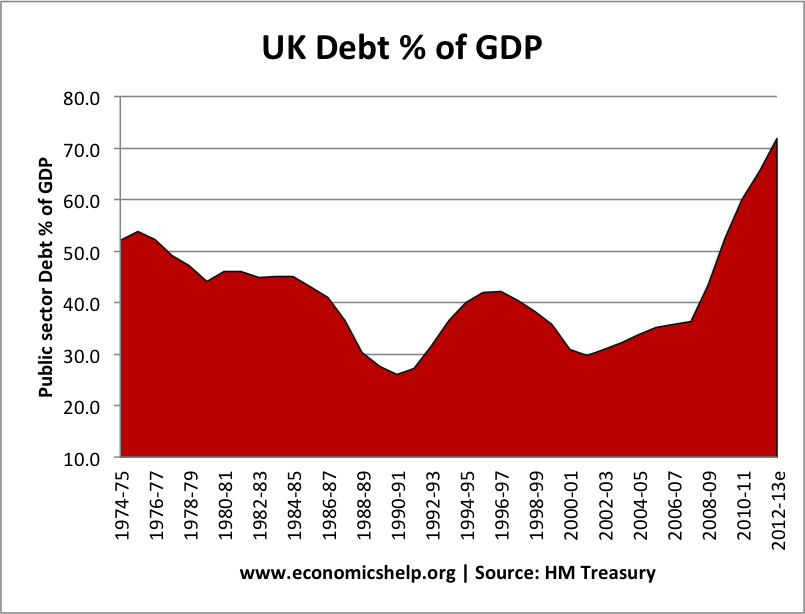
This means the national debt (total amount government owe) has increased at a slower rate than it might have done. But, it is still increasing rapidly.

